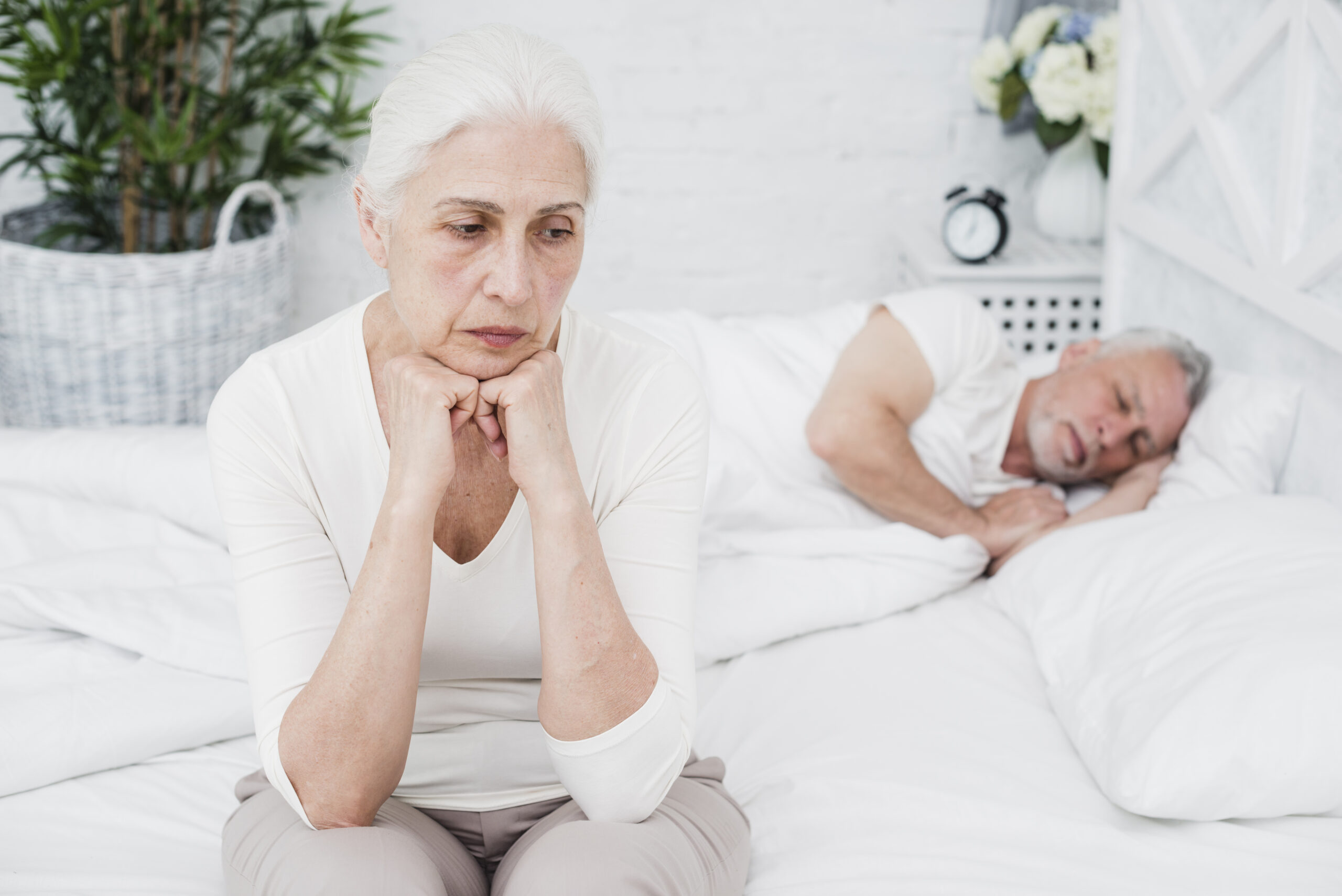Sleep Difficulties and Disturbances in Menopausal Women: Seeking Relief

Menopause is a natural phase in a woman’s life, marked by hormonal changes and a host of physical and emotional symptoms. One common challenge that women often face during this time is sleep difficulties and disturbances. The hormonal fluctuations, hot flashes, night sweats, and mood swings associated with menopause can significantly impact sleep quality and duration.
Sleep difficulties can manifest in various ways for menopausal women. Insomnia, characterized by difficulty falling asleep or staying asleep, is a common complaint. Many women also experience disrupted sleep patterns, waking up multiple times throughout the night or waking up too early in the morning. These sleep disturbances can lead to daytime fatigue, irritability, difficulty concentrating, and reduced overall well-being.
Fortunately, there are several strategies that menopausal women can explore to manage their sleep difficulties and find relief. Firstly, maintaining a consistent sleep schedule by going to bed and waking up at the same time every day can help regulate the body’s internal clock and promote better sleep. Creating a calm and comfortable sleep environment, with a dark and cool bedroom, can also aid in promoting restful sleep.
Practicing relaxation techniques before bedtime, such as meditation, deep breathing exercises, or gentle yoga, can help calm the mind and prepare the body for sleep. Additionally, avoiding stimulating substances like caffeine, nicotine, and alcohol close to bedtime can improve sleep quality.
For some women, hormone replacement therapy (HRT) may be recommended to address menopausal symptoms, including sleep disturbances. It’s essential to consult with a healthcare professional to discuss the potential benefits and risks associated with HRT.
Other non-hormonal options include over-the-counter sleep aids, herbal remedies, and cognitive-behavioral therapy (CBT). CBT is a therapeutic approach that focuses on changing negative thought patterns and behaviors that may interfere with sleep.
In conclusion, sleep difficulties and disturbances during menopause can be frustrating and impact a woman’s overall well-being. However, with the right strategies and support, women can find relief. Maintaining a consistent sleep routine, practicing relaxation techniques, and exploring various treatment options, both hormonal and non-hormonal, can help menopausal women achieve better sleep quality and improve their sleep patterns. Remember, consulting with a healthcare professional is crucial to receive personalized guidance and support during this transitional phase in life.
Note: The information provided in this article is for educational purposes only and does not constitute medical or professional advice.



